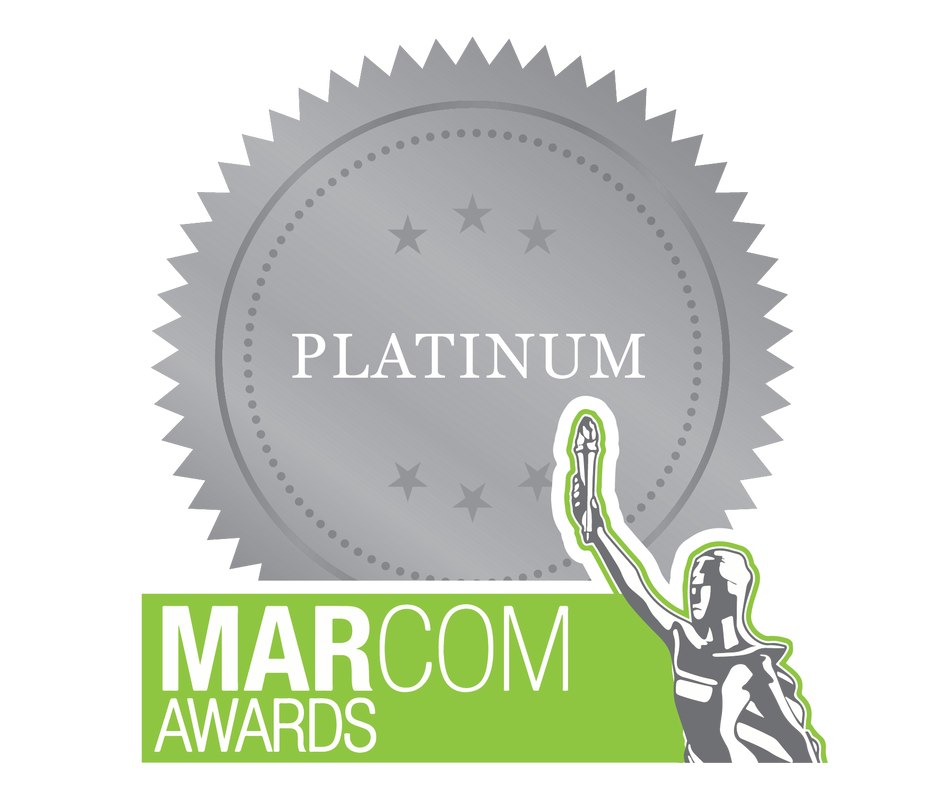|
GUEST BLOGGER: TASHA KILLIAN  February 11th is internet safety day. So let's talk about what we can do! Recently, I received a few text messages from coworkers and my boss asking me if I sent them a text asking for money. I was very confused because the texts they were forwarding to me were from a number in a different state, with my name signed at the end. Apparently, I’m not the only one to have identity theft issues. According to the Federal Trade Commission, about 20% of all complaints they receive have to do with identity theft. Luckily, the Federal Trade Commission also tell us how to avoid falling victim to these scams. Here’s what they have to say:
First, check and double-check your bank, credit card statements as well as your health insurance claims. It’s easy to tell when something isn’t right, but you must be checking to know if that is correct or not. Next, practice safety online. With the number of websites that save information, use your email, or ask to link to your contacts, you can never be one- hundred percent sure what is happening with your information. Each month perform a “safety audit” of your accounts to make sure you don’t have any information stored or shared somewhere where it shouldn’t be. For me, this looks like going to my settings and seeing what passwords are saved where, and if I need to change or delete any accounts that might be storing my information. It can also look like deleting cookies (tracking your online habits) which have been unknowingly saved to your devices. Lastly, shred any documents that contain sensitive information or go paperless. With the way technology has advanced, we don’t always think about how much information can be put into documents we print out and keep. It is important that we go through the documents we have and make sure we properly get rid of those that have information we don’t want to be taken. Having someone else pretend to be you for not so nice purposes is never fun, but hopefully with these tips, you’ll be able to avoid falling prey to identity theft. References: Federal Trade Commission (n.d.) Five Ways to Protect Your Identity. Retrieved from: https://www.consumer.ftc.gov/articles/0005-identity-theft
0 Comments
Your comment will be posted after it is approved.
Leave a Reply. |
TAKE A FREE CLASS!Host a ClassamandaSharing real-life money smarts to help you stay on track with financial goals while still enjoying life! Follow the fun on InstagramAS SEEN ONawardsBest of State 2022 & 2023: Personal Finance Education
1st Place National Award in Social Media Education from the National Extension Association of Family and Consumer Sciences
Gold Award in Blog Site category at the 7th annual Education Digital Marketing Awards.
Platinum Award in Digital Media, Web Design category at the International Marketing and Communication Awards.
Categories
All
|








